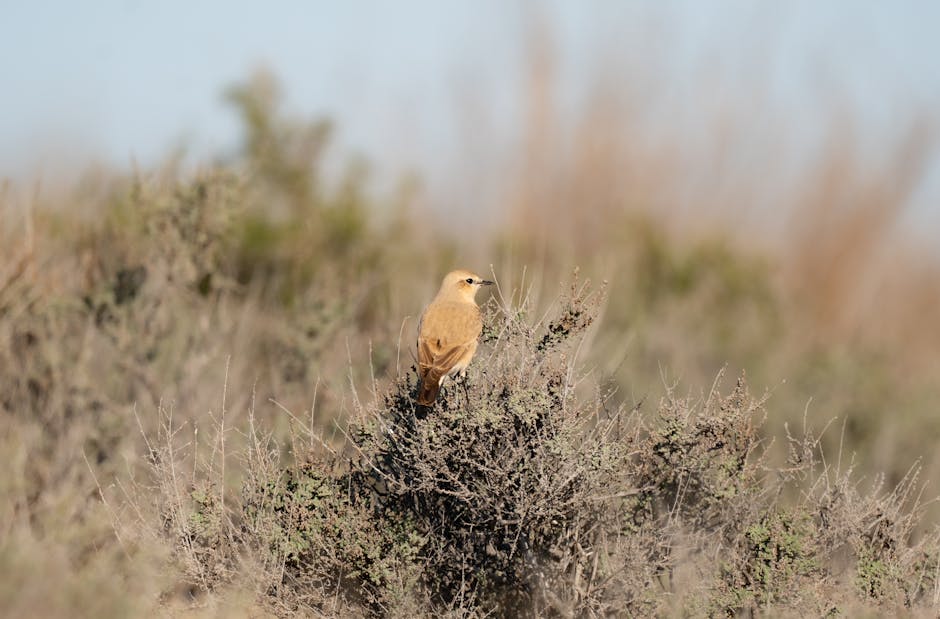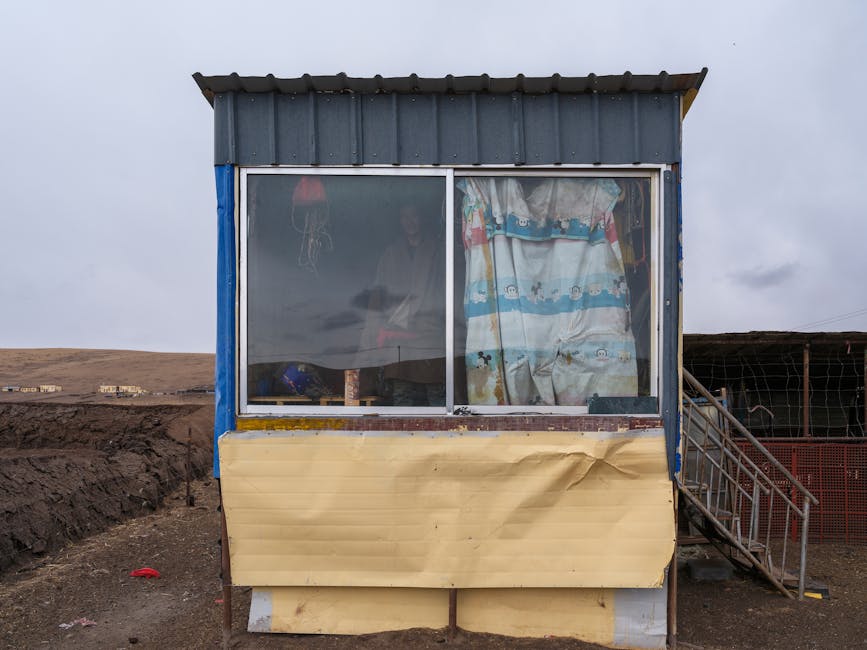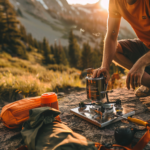Introduction
Embarking on outdoor adventures energizes the spirit and challenges the body. Whether you’re planning to explore secluded forests, conquer rugged peaks, or traverse vast deserts, being equipped with the right survival skills is crucial. Imagine feeling confident in your ability to handle unexpected situations in the wilderness, turning what could be a daunting experience into an empowering journey. In this guide, we’ll dive into the top 10 must-have survival skills that will help you enjoy your outdoor experiences to the fullest while ensuring your safety. Get ready to sharpen your survival knowledge and prepare for unforgettable adventures in the wild!
Importance of Wilderness Survival Skills
 Image courtesy: Pexels
Image courtesy: Pexels
Enhancing outdoor experiences
Learning wilderness survival skills doesn’t just prepare you for emergencies; it also enriches your overall outdoor experience. When you know how to read the landscape, identify plants, or make a shelter, each hike or camping trip becomes more engaging and educational. Knowledge of the local environment enhances your appreciation of nature and can transform a simple outdoor adventure into a thrilling exploration. Moreover, these skills empower you to venture safely into more remote or rugged landscapes, broadening your horizons and enabling you to experience nature more fully and intimately.
Staying safe in the wilderness
The primary purpose of acquiring wilderness survival skills is to ensure your safety and the safety of others while exploring the great outdoors. Unpredictable weather, unfamiliar terrains, and wildlife encounters can pose serious risks to even the most experienced adventurers. By mastering survival techniques, you can confidently navigate through various scenarios and mitigate risks effectively. These skills help you make informed decisions in critical situations, whether it’s finding your way back after losing the trail or knowing how to react when encountering a wild animal.
Top 10 Must-Have Survival Skills
 Image courtesy: Pexels
Image courtesy: Pexels
Building a Shelter
Being able to build a reliable shelter is crucial for protection against the elements and temperature extremes. A good shelter can also provide a sense of security and boost your morale in challenging situations. To build a shelter, you need to understand the basic principles of construction and the materials available in your environment. An effective shelter should protect you from wind, rain, and possibly snow, and should be sturdy enough to last through the night or longer if necessary. Practice building different types of shelters like lean-tos, A-frames, or debris huts to be prepared for any situation.
Finding Clean Water Sources
Water is a vital resource, and finding a clean source can be a matter of life and death in the wilderness. Knowing how to locate, collect, and purify water should be at the top of your survival skills list. Streams, rivers, and lakes are obvious sources, but you can also collect rainwater or create condensation traps. Always purify any water from natural sources before drinking to avoid waterborne illnesses. Techniques such as boiling, using water purification tablets, or filters are effective methods to ensure the safety of your drinking water.
Starting a Fire
The ability to start a fire is another essential survival skill. Fires provide warmth, light, and comfort, and can be used for cooking food and purifying water. They also serve as a signal to rescuers if you are lost. It’s important to learn various fire-starting methods, including friction-based techniques like the bow drill or flint and steel. Always carry a lighter or matches as backups, but do not rely solely on them. Practice building fires in different weather conditions and with different types of materials to hone this invaluable skill.
Navigation without Technology
In today’s digital world, GPS and other technologies often take center stage for navigation, but these can fail in remote areas or due to technical issues. Learning to navigate using a map and compass is indispensable. Understand how to read topographical maps, use landmarks, and follow natural indicators such as the position of the sun or the behavior of rivers. This skill ensures that you can find your way even when electronic devices cannot be relied upon.
Identifying Edible Plants
Knowing which plants are safe to eat can supplement your food supply and provide essential vitamins and minerals when you’re far from civilization. However, mistaken identification can lead to serious illness or worse. Study regional plant life and practice identifying edible vs. toxic species. Carry a field guide during your adventures, or take a class from a local expert. This knowledge not only helps in survival situations but also deepens your understanding of the ecosystem you’re exploring.
Basic First Aid
Accidents happen, and medical help may be hours or days away. Learning basic first aid can save lives in the wilderness. Know how to treat common injuries like cuts, burns, and fractures. Learn how to recognize signs of hypothermia, heat exhaustion, and other potentially dangerous conditions. Always carry a well-equipped first aid kit and consider taking a wilderness first aid course to prepare for more complex situations.
Signaling for Help
Sometimes, no matter how well-prepared you are, you might need to signal for help. Techniques include using whistles, mirrors, or fires to create smoke during the day or light at night. Understanding the universal distress signals and when to use them can make the difference between being rescued promptly or remaining lost. Practice these signals and keep essential tools handy.
Handling Wildlife Encounters
Encountering wildlife is a significant part of outdoor adventures. While most wildlife avoids humans, there may be times when you face a wild animal. Knowing how to behave can prevent confrontations. Learn about the wildlife in the area you’ll be exploring, understanding both predator and non-predator behavior. Never feed wild animals, store your food securely, and know how to make yourself safe and uninteresting to curious or aggressive animals.
Packing Proper Gear
Selecting the right gear is essential for any wilderness adventure. Beyond basic camping essentials, ensure you carry survival gear tailored to the environment you’ll be exploring. This includes appropriate clothing, navigation tools, a first aid kit, extra food and water, a knife, and a means to start a fire. Packing light yet comprehensive can help you move more efficiently without compromising on essential items for survival.
Mental Preparedness
Perhaps the most overlooked yet crucial survival skill is mental preparedness. Wilderness survival often tests your emotional and psychological limits as much as your physical ones. Stay calm, assess situations logically, and make informed decisions. Building resilience and maintaining a positive outlook can tremendously impact your ability to cope with adversity and overcome challenges in the wilderness.
By mastering these top 10 survival skills, you can ensure a safer and more enjoyable outdoor experience, prepared to tackle whatever adventures come your way.
Conclusion
Outdoor adventures can offer incredible enrichments to your life, from breathtaking views to the profound tranquility of nature. However, stepping into the wilderness without the proper skills can turn a peaceful outing into a perilous ordeal. By mastering the top 10 vital survival skills we’ve discussed, you not only enhance your connection with nature but also ensure a safer, more enjoyable experience that keeps you returning for more. Remember, the key to a successful outdoor adventure lies in preparation and respect for the environment. Equip yourself with these skills, and embrace your next wilderness journey with confidence!



